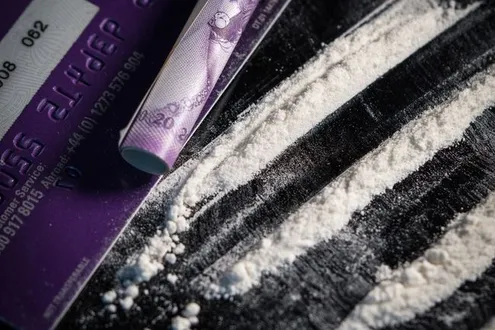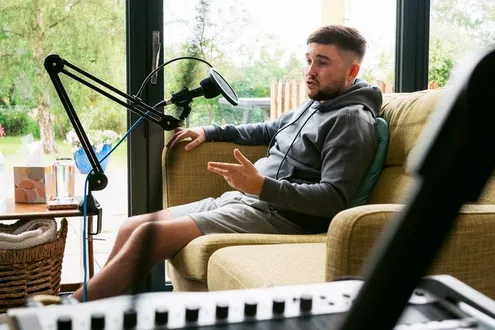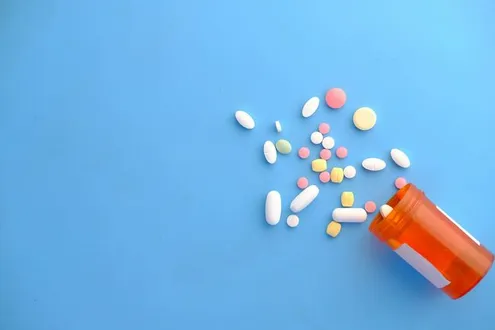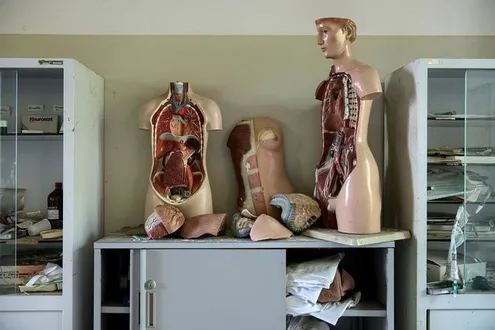Neuroscience is the study of the nervous system with a primary focus on the brain. The brain is incredibly complex. It stores memories and allows you to learn from them. The cells and circuits create new thoughts, ideas and movements at the same time as reinforcing old ones.
The human brain boasts an incredible 86 billion neurons. Neuroscientists explore how neurons connect with each other, with other parts of the nervous system and with the rest of the body. They seek to understand the brain both in health and in disease.
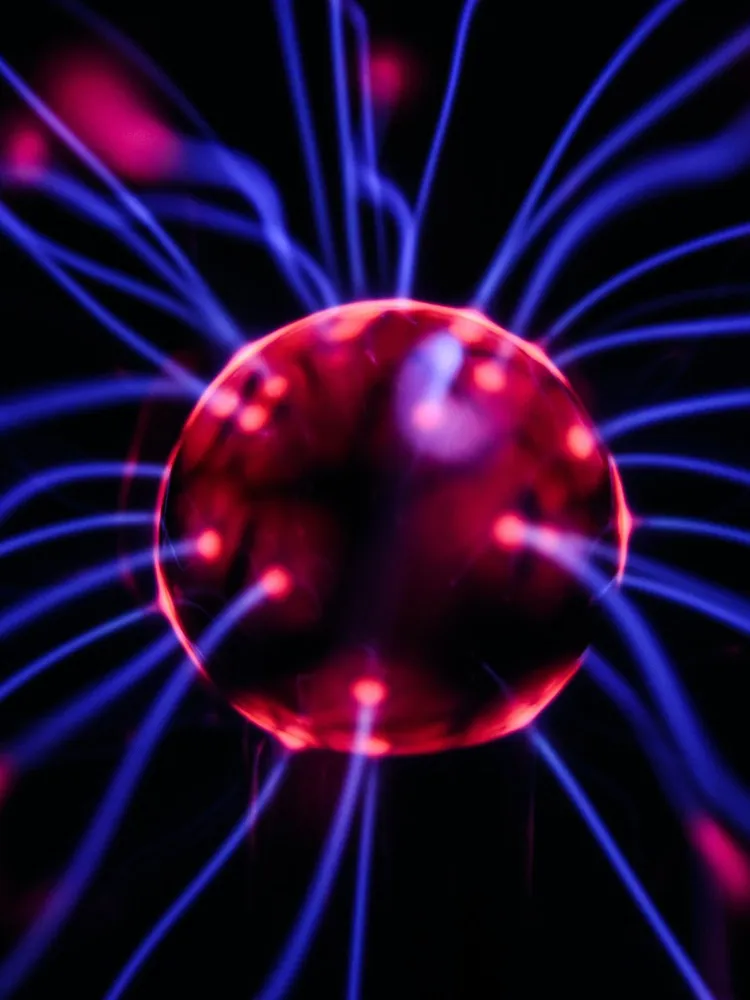
Neuroplasticity refers to the brain’s ability to modify, change and adapt both in terms of structure and function throughout life. While your brain’s adaptability can make you susceptible to addiction, its plasticity can also mean that recovery is possible.
Talking therapies can help to rewire the brain’s neural pathways. Creating new neural pathways that support positive behaviours can encourage recovery. While you may be more likely to crave activities that are immediately rewarding, retraining the brain to learn new automatic responses can help in the fight to beat cravings. The brain’s neuroplasticity can enable new ways of thinking and behaving.
Abstinence is key to recovery. Abstinence from bad habits will encourage negative patterns to go into decline and the repetition of good habits will encourage and reinforce those positive neural pathways you want to strengthen.
Neuroscience is something which can help most addictions. By the individual learning about neuroscience and how the brain works they are able to understand their addiction better.
When someone is in such a state of distress or in the depths of their addiction by being able to gain the knowledge of why this is happening to them can have a big impact.

